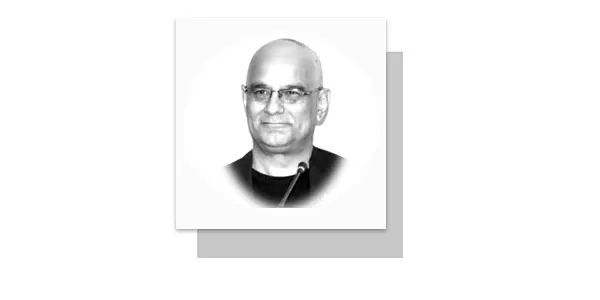IN a recent trip to Washington DC, I had the opportunity to meet a wide array of people from the political, diplomatic and private sector backgrounds. In one meeting, the host, a man of substantial influence, started off by asking a very interesting question, “Which camp do you think Pakistan should be in?”
I feigned ignorance as to what he meant and responded “Sir, what you do you mean by ‘which camp’?” He clarified, “I mean USA or China?” After a chuckle, I responded that the question took me back to the time when we were kids and we used to play on the streets. Before starting any game, two teams were formed where two older kids would nominate themselves captains and the rest of us would line up in front. The captains would then pick us one by one to join their teams. We always looked longingly to be picked by the captain whom we thought was better and stronger, or who already had picked the winning players. After relating this story, I then asked the querier on whether he thought Pakistan was one of the little kids in my story?
Before he could answer, I politely advised him that I don’t see Pakistan as the kid to be “picked”. I also don’t think that Pakistan should be in any camp, but rather Pakistan should aspire to be the power that influences others to choose sides. However, before we get to that stage, we need to find our own place on the world stage and become a confident nation; a nation that is the 5th largest country by population, the 23rd largest economy by GDP-PPP, possesses the 6th largest military and is in the elite group of the 9 nuclear powers. Given these remarkable factors, Pakistan needs to think big and should not take sides between super powers but rather should operate under one guiding principle “Pakistan’s national interest”. Easier said than done! Consecutive regimes in Pakistan have “sold” the country’s long term national interest for short term monetary benefits – be these loans, FDIs, or military aid and development aid to fight proxy wars. The primary partner in this relationship has been the US over the decades and it is high time to focus on the US-Pakistan historical and future relationship.
USA and Pakistan are arguably at an all-time low in relations. It is not wrong to say that there is very little love lost between the two countries, which is earmarked by a trust deficit and the fact that our relationship has been transactional in nature. Since the first Afghan war, USA has treated Pakistan as a country-for-hire to fight its regional proxy wars against the USSR, Taliban, etc. Subsequently and until recently, we always took the “US side” since we were being rewarded handsomely for being their front line proxy war nation. However, as soon as the objectives were fulfilled, USA would fold up and exit Pakistan. And here is where Pakistan would feel betrayed and used, and curse out the US.
Unfortunately for the nation, every time we were asked to do the USA’s bidding, the leadership would not ask the simplest question “What we are signing up to do? Is it in our long term national interest?” Our consideration when USA asked us to go to proxy-war for them was never “why” but rather “how much”. Of late though, we have switched sides and China is our best friend since they have offered $60 billion in CPEC projects, a huge economic benefit (sounds familiar). So we are going from being a “mercenary nation” to a “commercial colony”, and I don’t blame USA or China for it. We only have ourselves to blame since we live from one IMF tranche to the next, and any financial beneficiary of Pakistan is our favored friend.
Pakistan needs to reset the relationship with the US, China and the world based on the principal that of “national interest” which is built on robust economic ties. The only leverage that a nation has in the current world is its economic might and mutual economic interests. US and Pakistan has to reconfigure their relationship based on this. Pakistan is on the back foot since US does not need us; however, we need them both as an investor and the end market. The only way to do that is for us to work harder to convince the US that we are a rising economic power and a humongous market in the making (14th largest by GDP-PPP 2050) and we have much to offer to the US investor. For instance, Pakistan’s automotive sector alone is the 15th largest in the world and is the fastest growing in the world. GM, Ford, Chrysler surely can find their niche here? As James Carville famously said “it is the economy, stupid” and not much else matters.
—The writer is a former Senior Advisor to the Government.










